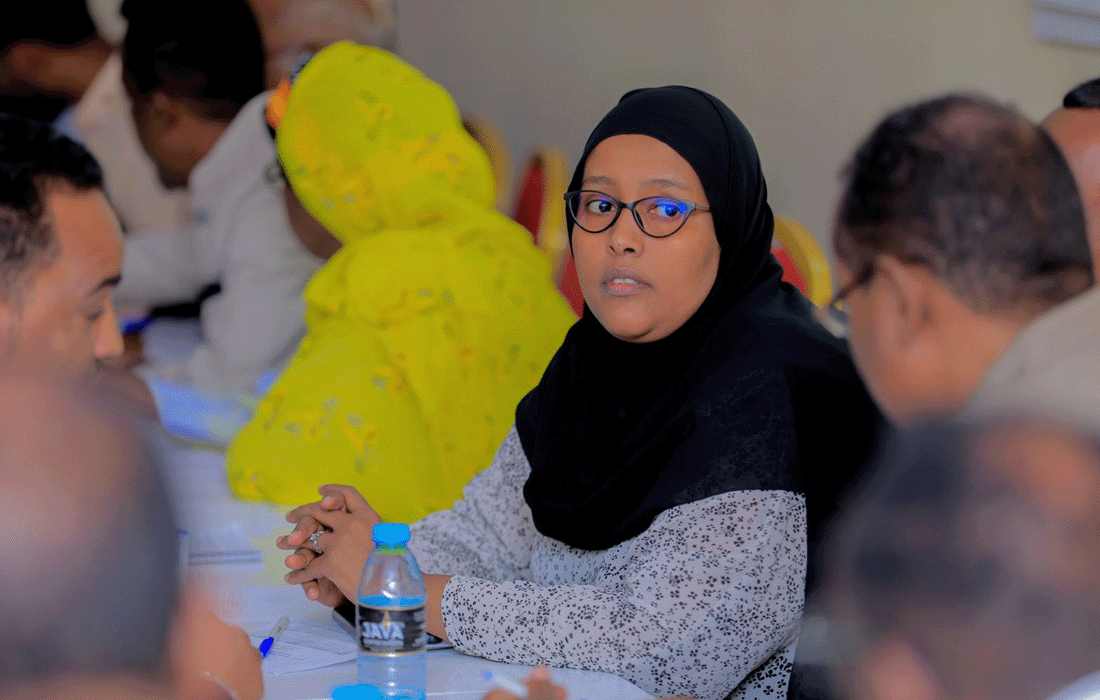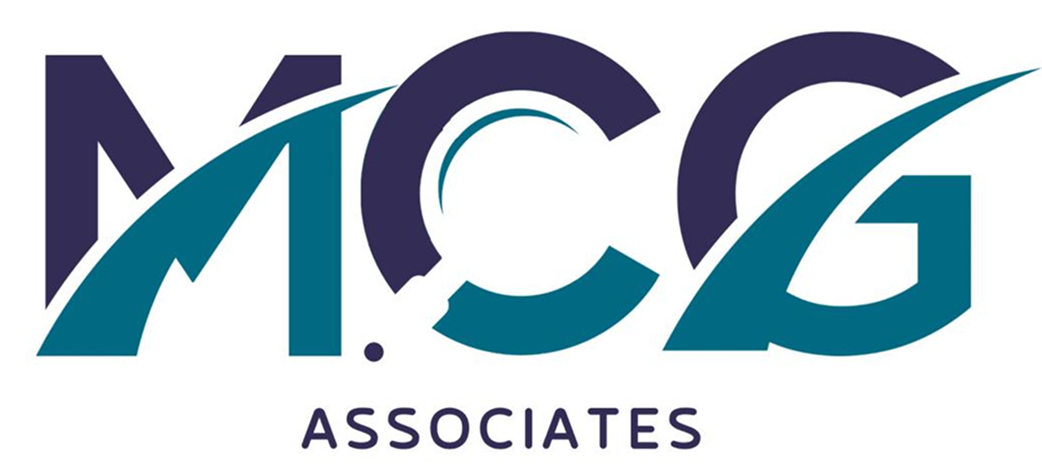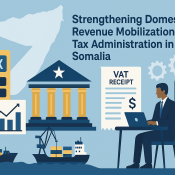
Somalia’s Public Sector Reform Faces Critical Crossroads
Somalia’s ongoing public sector reform agenda is encountering significant obstacles that threaten progress toward state-building, sustainable service delivery, and institutional resilience. Despite notable gains in macroeconomic stability and debt relief, reform experts warn that deep-rooted structural and political challenges continue to hinder the effectiveness of public administration.
Fragmented Governance and Constitutional Disputes
Tensions between the Federal Government and Federal Member States have escalated following recent constitutional amendments passed in early 2024. Regional states such as Puntland and Jubaland have resisted key federal initiatives, including the rollout of the National ID system, citing lack of consultation and infringement on regional autonomy. This political fragmentation is weakening coordination across government levels and impeding the implementation of unified national reforms.
Weak Revenue Base and Overdependence on External Financing
Somalia’s domestic revenue remains critically low—at approximately 2.5% of GDP—making it one of the least fiscally self-reliant countries globally. The government relies heavily on grants and external aid to finance basic operations, undermining long-term fiscal sustainability. Reform analysts emphasize the need for comprehensive tax reforms and increased domestic resource mobilization to reduce dependency and fund essential public services.


